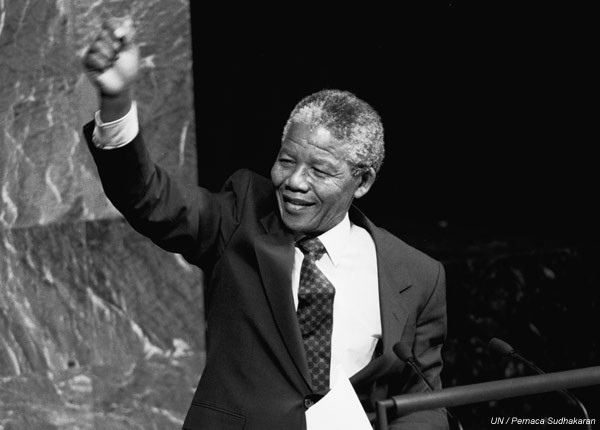
The beginning is the most important part of the work. –Plato, The Republic
Leadership is a choice, not a position. It doesn’t matter if you’re a senior in high school, a senior in college, or a senior citizen organizing a blood drive. Leadership behavior is a choice. As such, leadership begins with your intentions. Why are you leading? This question is relevant whether you’re new or experienced, whether it is about situational leadership or the process of leading teammates.
Today, we know there is no one correct way to lead. However, it is necessary to account for two possible leadership pathways that are derived from one’s mindset. Your answer to this question will come from either a “self” orientation or an “other” orientation. That is, a self-oriented leader will answer the question differently than does the other-oriented leader. So start by answering this vital question. Probe deeply.
Why answer this question? Clarity.
Clarity will focus your energy and emotion. Clarity will provide you with the conviction to take action—to lead.
As you know, actions have consequences. Your orientation to leading is significant. That’s because how you think drives the leadership actions you take.
Those with a self-orientation come to view people as a means to an end. Subsequently, decisions and actions taken from the self perspective will be self-serving and likely lead to sub-optimal results.
You certainly can do some good when leading from a self-orientation. But in the end, it’s about you and how your actions—or inactions—benefit you. However, if you lead from an “other” orientation, a relational perspective, and are committed to serving your teammates, the results you produce will be dramatically different. So, which leadership orientation you choose matters.
Nelson Mandela was a revolutionary anti-apartheid activist in South Africa in the 1950s. He was jailed for 27 years, assigned hard labor in prison. He was released from prison in 1990. He went on to win the Nobel Peace Prize and was elected the first Black president of South Africa in 1994. It’s not difficult to see ample evidence of how Mandela answered this vital question in every step he took challenging and ultimately changing a social system.
Leadership to Mandela is a relational process of people together attempting to accomplish change or to make a difference to benefit the common good. Such leadership is based on a commitment to shared purposes, a desire to cause real change. Leaders and followers are enriched in terms of what they can accomplish through the quality of relationships they develop with each other. The end goal of a relational orientation is for all involved to grow and raise each other to higher ethical aspirations and conduct.
Leadership isn’t about you; it’s about the followers. It’s about the purpose of the organization. It’s about your community. It’s about society.
So, why are you leading? The best way to start your leadership journey is to answer this question, and to do so frequently.


